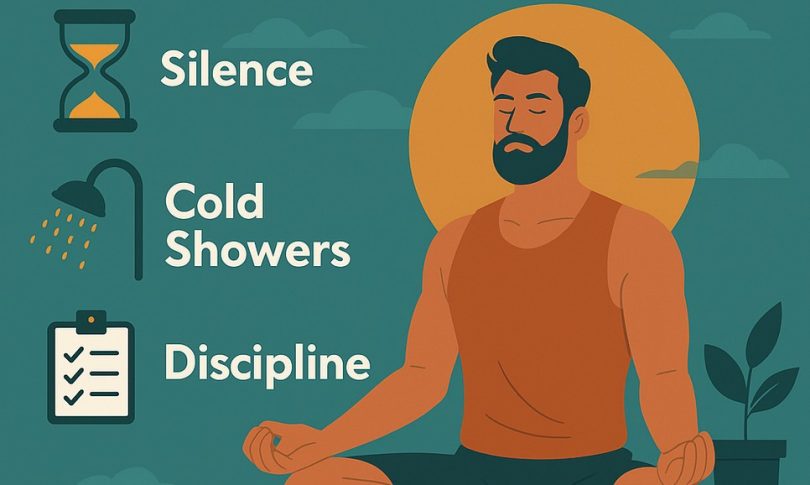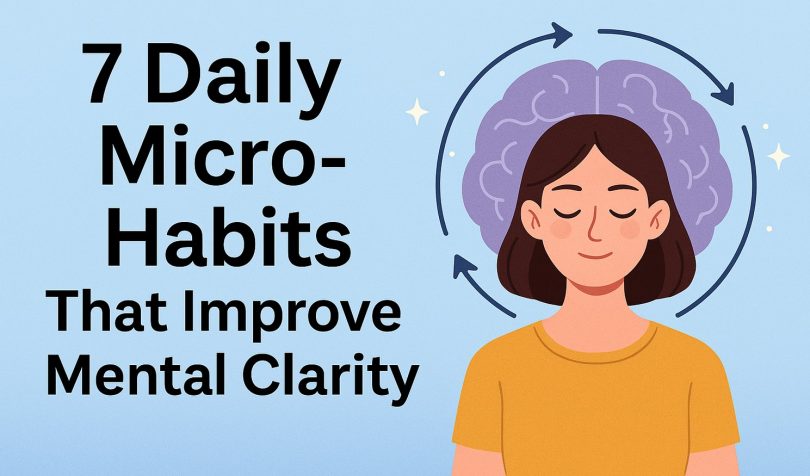Mental health medication plays a crucial role in managing various mental health conditions, providing relief and stability to individuals experiencing distressing symptoms. However, it’s essential to understand who has the authority to prescribe these medications and the qualifications required for such practices. This comprehensive guide explores the roles and authorities of different professionals in prescribing mental health medication, helping you make informed decisions about your mental health care.
Key Takeaways
- Psychiatrists, primary care physicians, psychiatric nurse practitioners, and psychologists play different roles in prescribing mental health medication.
- Psychiatrists are specialized medical doctors with the authority to diagnose mental health conditions and prescribe medication.
- Primary care physicians can also prescribe mental health medication but may refer patients to specialists for complex cases.
- Psychiatric nurse practitioners bridge the gap in mental health care by providing medication management services in collaboration with other professionals.
- Psychologists primarily focus on therapy and counseling, with limited authority to prescribe medication in certain jurisdictions.
Table of Contents
- Introduction
- Psychiatrists: Masters of Mental Health Medication
- Primary Care Physicians: Gatekeepers of Mental Health Care
- Psychiatric Nurse Practitioners: Bridging Gaps in Mental Health Care
- Psychologists: Experts in Therapy, Limited in Prescriptions
Introduction
Mental health medication is a crucial aspect of treatment for individuals experiencing various mental health disorders. Whether it’s managing symptoms of depression, anxiety, bipolar disorder, or schizophrenia, the appropriate use of medication can significantly improve quality of life and functioning.
However, the process of obtaining mental health medication involves understanding the roles and authorities of different professionals in the healthcare system. This article aims to shed light on the qualifications and responsibilities of psychiatrists, primary care physicians, psychiatric nurse practitioners, and psychologists in prescribing mental health medication.

Psychiatrists: Masters of Mental Health Medication
Psychiatrists are medical doctors specializing in the diagnosis, treatment, and prevention of mental illnesses. With extensive training in both medicine and psychology, psychiatrists possess the expertise to assess mental health conditions comprehensively.
Key points about psychiatrists:
- Specialized medical doctors with expertise in mental health.
- Authorized to diagnose mental health conditions and prescribe medication.
- Offer specialized treatment plans tailored to individual needs.

Primary Care Physicians: Gatekeepers of Mental Health Care
Primary care physicians (PCPs) serve as the first point of contact for many individuals seeking healthcare services. While they may not specialize in mental health, PCPs play a crucial role in identifying and treating common mental health concerns.
Key points about primary care physicians:
- Primary healthcare providers who offer comprehensive medical services.
- Authorized to prescribe basic mental health medication.
- Refer patients to specialists for complex mental health conditions.

Psychiatric Nurse Practitioners: Bridging Gaps in Mental Health Care
Psychiatric nurse practitioners (PNPs) are advanced practice registered nurses specializing in mental health care. With a focus on holistic treatment approaches, PNPs provide comprehensive assessment, diagnosis, and medication management services.
Key points about psychiatric nurse practitioners:
- Advanced practice registered nurses specializing in mental health.
- Authorized to prescribe medication in certain jurisdictions.
- Collaborate with other healthcare professionals to deliver integrated care.
Psychologists: Experts in Therapy, Limited in Prescriptions
Psychologists are mental health professionals trained in the assessment and treatment of behavioral and emotional disorders. While they primarily focus on psychotherapy and counseling, psychologists may have limited authority to prescribe medication in some states or countries.
Key points about psychologists:
- Experts in psychotherapy and behavioral interventions.
- Limited authority to prescribe medication in certain jurisdictions.
- Collaborate with psychiatrists and other professionals for comprehensive care.

Frequently Asked Questions
Can therapists prescribe medication?
Therapists, including psychologists and counselors, typically do not have the authority to prescribe medication. However, some states or countries may allow certain professionals, such as psychiatric nurse practitioners, to prescribe medication.
Are there online doctors who can prescribe mental health medication?
Yes, there are online platforms where licensed healthcare professionals, including psychiatrists and primary care physicians, can provide virtual consultations and prescribe mental health medication if deemed appropriate after an assessment.
Can my family doctor prescribe antidepressants?
Yes, your family doctor or primary care physician can prescribe antidepressants and other basic mental health medication. However, they may refer you to a psychiatrist or specialist for complex cases or ongoing management.
How do I know if I need medication for my mental health?
The decision to start medication for mental health concerns should be made in consultation with a qualified healthcare professional. If you’re experiencing persistent symptoms that significantly impact your daily functioning and quality of life, consider seeking an assessment from a psychiatrist or primary care physician.
What type of specialist should I see for mental health medication?
For comprehensive evaluation and management of mental health medication, consider consulting a psychiatrist. Psychiatrists are specialized medical doctors with expertise in mental health and are authorized to diagnose conditions and prescribe medication.
Conclusion
In conclusion, understanding who can prescribe mental health medication is essential for individuals seeking appropriate treatment for their mental health concerns. Psychiatrists, primary care physicians, psychiatric nurse practitioners, and psychologists each play distinct roles in the mental health care system.
Psychiatrists, as specialized medical doctors, have the authority to diagnose mental health conditions and prescribe medication. Primary care physicians serve as gatekeepers of mental health care, providing basic medication management and referrals to specialists when necessary.
Psychiatric nurse practitioners bridge gaps in mental health care by offering medication management services and collaborating with other healthcare professionals. Psychologists primarily focus on therapy and counseling, with limited authority to prescribe medication in certain jurisdictions.
Ultimately, the decision to seek medication for mental health concerns should be made in consultation with a qualified healthcare professional. Whether it’s a psychiatrist, primary care physician, psychiatric nurse practitioner, or psychologist, individuals can find the right professional to address their mental health needs.
By understanding the roles and authorities of different professionals in prescribing mental health medication, individuals can access comprehensive and personalized treatment plans to support their mental well-being.
For further information on mental health medication and treatment options, consider exploring the following resources:






